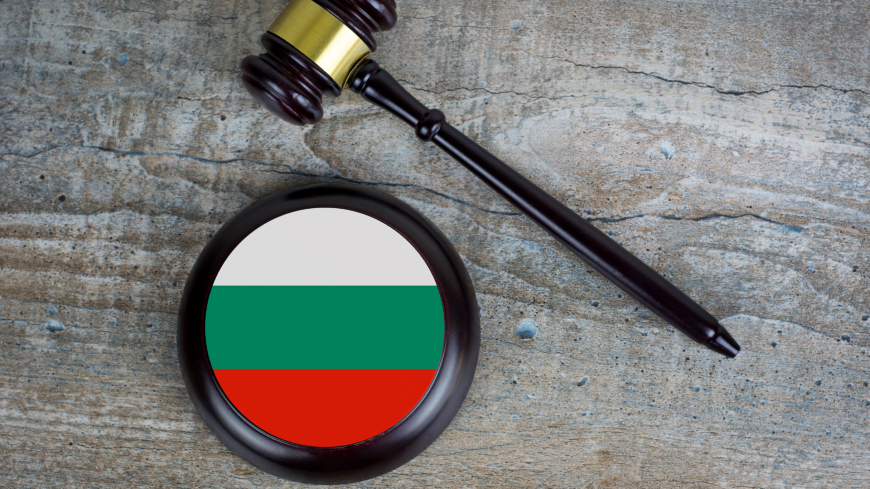During its meeting on 1-3 September, the Council of Europe Committee of Ministers examined the execution of the S.Z. and Kolevi judgments against Bulgaria. These cases concern the systemic problem of ineffective investigations into killings and ill-treatment and the lack of guarantees for the independence of criminal investigations concerning the Chief Prosecutor. It assessed, in particular, the steps taken by the authorities to address the concerns set out in its Interim Resolution of December 2019.
The Committee noted that a recent draft of a possible new Constitution did not ensure safeguards for the independence of investigations concerning a Chief Prosecutor, requested to receive regularly information on draft constitutional and legislative reforms and decided to resume consideration of this group of cases at the latest in March 2021.
The Committee also noted thar earlier developments (draft bill of 7 December 2019 and Constitutional Court’s judgment of 23 July 2020) were also unable to ensure genuine independence. The authorities were therefore urged to prepare new legislative and, if necessary, constitutional amendments to fully respond to Interim Resolution CM/ResDH(2019)367 or, if new Constitution is to be adopted, to ensure that it creates a Convention-compliant framework.
The Committee stressed that the prosecutorial members of the Supreme Judicial Council (or any possible replacement body in which a Chief Prosecutor has similar influence) and the Chief Prosecutor should not play a decisive role in the appointment, accountability or the career of any prosecutor or investigator responsible for investigating a Chief Prosecutor or high-ranking officials, in particular prosecutors, close to her or him. It also underlined that the Chief Prosecutor should be excluded from any direct or indirect management of any such prosecutor or investigator and should not have control over any of his or her activities. In addition, the Committee encouraged the authorities to draw on the recommendations of the Venice Commission concerning the composition and mandates of the Supreme Judicial Council and the introduction of judicial review of refusals to open investigation.
Furthermore, the Committee insisted again on the introduction of legislative or, if necessary, constitutional amendments (or, if new Constitution is to be adopted, to introduce adequate new constitutional provisions) to allow judicial review of prosecutorial refusals to open an investigation, taking at the same time measures to avoid considerable increase of workload of courts and prosecutors.
Lastly, the Committee welcomed the adoption of provisions which exclude the automatic suspension of judges following criminal charges and the abandonment of earlier proposals threatening the independence of the Presidents of the two highest courts.
Press release in Bulgarian (unofficial translation)
Latest notes and decisions of the Committee of Ministers concerning these cases. Non official translation into Bulgarian.





